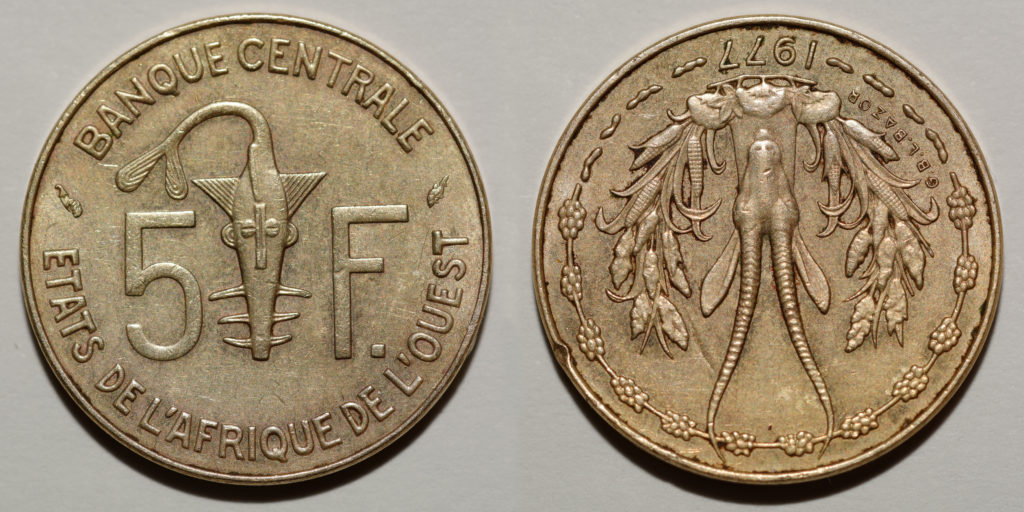Nigeria has long been one of the largest economies in Africa. As of 2016, it was well ahead of Egypt and South Africa. Nigeria’s GDP in the ECOWAS regional group is significantly larger than that of all the other member States combined. With its substantial weight, the country is in a unique position to set the course of ECOWAS in particular, and Africa in general for years to come.
var divElement = document.getElementById(‘viz1499018492123’); var vizElement = divElement.getElementsByTagName(‘object’)[0]; vizElement.style.minWidth=’424px’;vizElement.style.maxWidth=’954px’;vizElement.style.width=’100%’;vizElement.style.minHeight=’629px’;vizElement.style.maxHeight=’929px’;vizElement.style.height=(divElement.offsetWidth*0.75)+’px’; var scriptElement = document.createElement(‘script’); scriptElement.src = ‘https://public.tableau.com/javascripts/api/viz_v1.js’; vizElement.parentNode.insertBefore(scriptElement, vizElement);
The uncontested giant in ECOWAS
According to the World Bank data, Nigeria’s GDP represented 75% of ECOWAS’ total production in 2014. Far behind, Ghana accounts for 7% of the economic bloc’s GDP. Ivory Coast comes in third position, accounting for 5%. Gross domestic savings for each member State in 2014 also highlights what an important player Nigeria represents in the group. The savings of its citizens outweighs by far that of the other member Sates combined.
An ECOWAS without its Elephant
Without Nigeria in ECOWAS, Ghana would be the country leading in terms of GDP, contributing just 29% of the group’s GDP in 2014 compared to Nigeria’s 75%. Ivory Coast w outperform Ghana when it comes to Gross Domestic savings. In that instance, the impact of the leading countries’ policies could be challenged by the other member States. This also means that the regional group would have a significantly smaller population and lower GDP as whole.
Future impact of Nigeria on ECOWAS
As a totally unchallenged powerhouse in ECOWAS, for better or worse, the largest economy in ECOWAS is in a position where its policies have a high impact on the trade and economic growth in the other member states specifically, and in Africa as a whole. Currently, statistics from the World Bank shows that merchandise trade among States in ECOWAS is low compared to each of the member States’ trades with more developed economies. Whether and how the country will use its economic power in Africa to change this and help increase trade with, and among member States within the economic group, time will tell.


